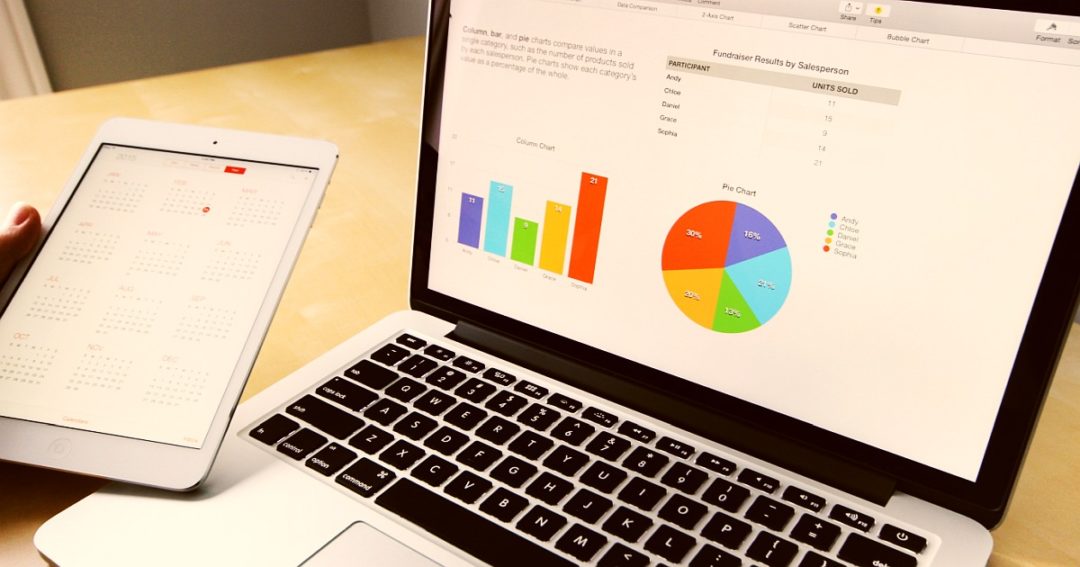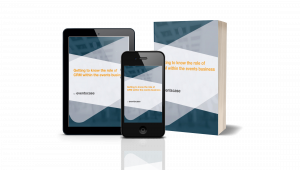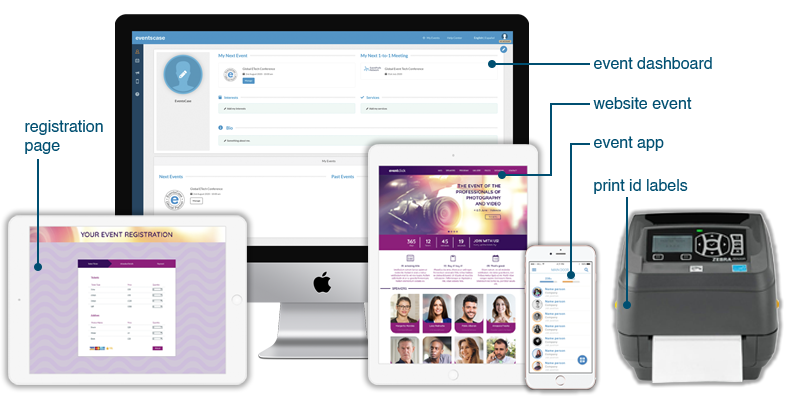What do events mean to your business? Are they a standalone feature – something trusted with a separate department, held to serve their own purpose? Or do they form a crucial part of your marketing strategy?
Regardless of where they sit within your organisation, events are a form of marketing. According to digital entrepreneur and digital marketing expert Jeff Bullas, they represent a consideration for both the present and future.
“In the 1960s and ‘70s, marketers at B2B companies invested heavily in traditional advertising to generate awareness and ultimately gain customers. In the early ‘90s and the late ‘00s, businesses began building strong online footprints through email, websites, and social media. But successful marketing strategies of the future will rely less on digital experiences, and more on live events.”
Most c-level staff will understand the relationship between marketing and events, but don’t just take our word for it. Research from Forrester shows the average B2B CMO to be spending 24% of their budget on live events – nearly twice the allocation for digital advertising.
- Events – 24%
- Digital advertising – 13%
- Content marketing – 12%
- Website – 8%
- Agency fees 7%

Marketing and events – a match made in heaven
Given that most marketers are tasked with attracting, maintaining and broadcasting to an audience, events represent an ideal fit. Here are five benefits they bring to the tablet:
- The personal connection
Not all events can generate the same level of coverage as digital advertising, but they require more of a commitment. They also give companies time and space to make an impression on their audience. That leads to a more meaningful and personal connection.
- Lead generation
If you spend money on events and don’t use them as a powerful data collection exercise, you’re doing it all wrong. Even a networking party can give you tens of new prospects to contact in the aftermath.
- Brand alignment
The theme of your event should have some relevance to your brand and message. For example, if you want to be seen as a voice of authority on a big point of discussion, you can build an entire agenda around that very subject.
- Brand awareness
Your potential audience could receive numerous messages regarding your event prior to it being held. Brand awareness is all about driving impressions, and events really grab people’s attention.
- New ideas
Events get people talking about what’s happening in their world. For companies that like to mould themselves around the demands of their clients, they’re a goldmine of insight.

“The role of CRM within the events business” Whitepaper
How to draw a line between marketing and events
It’s never too late to embed events within your current marketing strategy. Doing so might be easier than you think.
Tip one: Unify your goals
Sometimes you can get so caught up in the process of staging an event, you forget exactly what it is you want it to achieve. Do you need brand awareness, leads or something completely different?
Rather than treating marketing and events as separate entities, your goals for the former should inspire the latter. For example, if you’re a new company and in need of promotion, try organising a series of free gatherings. Give people a reason to attend (e.g. networking opportunities, thought leadership content) and you’ll have a natural way of introducing your brand to hundreds of people.
Tip two: Use events as a method of promoting your company
Again, we circle back into the idea of using events as a marketing tool rather than a standalone exercise. When companies use display advertising to promote their latest conference or roundtable, they want to fill their seats. However, many are aware of the cumulative effect this has on people that cannot attend.
When you hear about an event, you hear about a company and their message.
That’s not to say that you should be spending lots on display advertising or even that you need to. The point is, an event creates a platform to elevate your brand above the rest.
Tip three: Make it a team effort
While some organisers are reluctant to accept help from the outside, a greater sense of collaboration can bring marketing and events closer together.
Start by asking your sales and marketing managers for their ideas on all the important bases, like content, themes and guests. By gauging opinion from the ‘selling’ aspect of the business, you’ll stand a much better chance of resonating with new and existing customers.
Tip four: Collect data
Events can teach you so much about your target audience. Yet, the availability of that insight depends on your ability to collect it.
When it comes to choosing an event management software and an official event app, find a solution that allows you to gather intel on customer interactions. By getting the lowdown on popular sessions, subjects and workshops, you can really drill down into the kind of things your audience are interested in. These insights feed naturally into channels like content marketing, which rely on popular ideas to function.
The case for unison between marketing and events
While some things are best treated in silo, marketing and events have a symbiotic relationship that cannot be ignored.
The very best organisations realise the benefits that can be had by attracting an audience and teaching them about their brand. They also realise the value to be had by collecting insight from hundreds or even thousands of potential customers over the course of an event.
From our perspective, the sooner you view live events as an effective promotional tool, the more they can do for your organisation.


